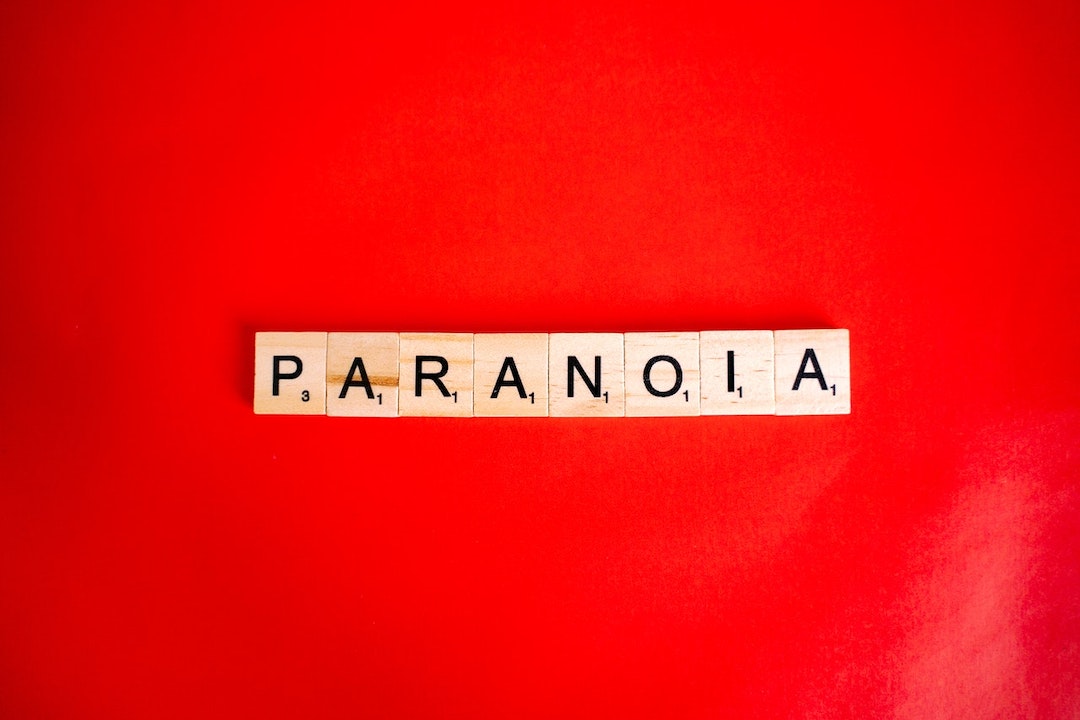The article is developed in partnership with BetterHelp.
It’s terrible to witness a loved one suffer with paranoia symptoms. However, your support may be able to assist them in coping.
You may feel compelled to help someone you care about who is experiencing paranoia as a result of a mental health issue, but you may not know how. Learning about paranoia and how to communicate with someone who suffers from paranoid delusions is an excellent place to start.
The acute feeling and idea that one is being threatened, targeted, and conspired against by others is known as paranoia. Delusions are false beliefs that a person believes despite opposing facts. False ideas of being persecuted or in danger are known as paranoid delusions.
Paranoia can be a symptom of a variety of mental illnesses, including but not limited to:
- Paranoid personality disorder
- Schizophrenia
- Schizoaffective disorder
A correct diagnosis may only be possible with the help of a medical specialist. This is critical since paranoia could indicate something else, such as a pharmaceutical adverse effect.
Although not everyone experiences paranoia in the same manner, there are a few common indications to look for.

Signs That Someone Is Experiencing Paranoia
Paranoia isn’t a diagnosis in and of itself. Rather, it’s a sign of a few different mental illnesses.
Here are some of the most prevalent symptoms that someone is suffering from paranoia:
- Being hyper-vigilant
- Heart palpitations
- Distrusting those closest to them
- Hostility and aggression
- Irrational beliefs
- Feeling as though they are a victim, or are being persecuted
- Running or hiding from something that is not apparent
It’s equally crucial to understand what paranoia isn’t. Symptoms of paranoia caused by a mental illness should not be confused with paranoia caused by distrust. Distrust can exist in any of us, depending on prior experiences that have left us distrustful of others.
Someone who has been regularly lied to, cheated on, or conned, for example, may have a tough time trusting others.
How To Help
Don’t Dismiss Their Feelings
People who suffer from paranoia often have a strong sense of being in danger that others don’t feel, and this is what makes them deluded. This isn’t to say that the experience isn’t truthful for them. It may help you support your loved one if you remember that paranoia isn’t a personal choice. Partners and loved ones can help those who are suffering paranoia feel recognized and supported by not ignoring or dismissing their feelings.
Be Considerate And Patient
Even if they don’t feel like it right now, showing warmth and compassion helps convince them that they’re supported and will be fine.
It’s crucial to realize that paranoia does not define a person. Don’t be hesitant to bring out what they’re good at in order to assist them cope with overwhelming feelings of insecurity, fear, or disappointment.
To do so, follow these steps:
- Acknowledge their recent achievements
- Praise the milestones they’ve reached
- Recall a time when they made you feel good
Validate their experience and assure them that you’re there for them after a paranoid episode.
Learn As Much As You Can About Paranoia
Learning more about paranoia, including what it is and isn’t, might help you become more knowledgeable as a support person.
You can do so by reading articles, books, and mental health podcasts, as well as speaking with a therapist.
Ask How You Can Help
Simply say, “What can I do to lend a hand?” You might also ask them what their favorite music is, what tv shows they’re watching lately, or anything that you think may soothe them and calm them down. You can use these responses to distract or calm your loved one once you’ve heard them out.
Assure Them That They Are Safe
The most crucial thing is to make your loved one feel safe in the moment – physically, intellectually, and emotionally. To do so, try consoling them through their concerns or assisting them in finding relaxation and grounding techniques.
You can also remind them of a past incident in which they were suspicious of someone but later discovered that there was nothing to it, and ask them whether this is the situation now.
Seek Expert Guidance
People with paranoia are not necessarily dangerous, but when they are terrified, they may act in irrational ways. Please seek assistance if you feel unsafe or if the person you’re with is acting in an unsafe manner.
If you’ve already tried talking to your loved one but still need assistance, talk to their therapist or a mental health professional. They may be able to advise you on how to best support them throughout the episode and afterwards. Learn more about how therapy can be beneficial to those with paranoia at this page.
You can also contact the National Alliance on Mental Health for information on options for people who are experiencing paranoia and those who want to help them.
Calling 911 if necessary might also assist, especially if the paranoia is escalating to thoughts of harming yourself or others.










